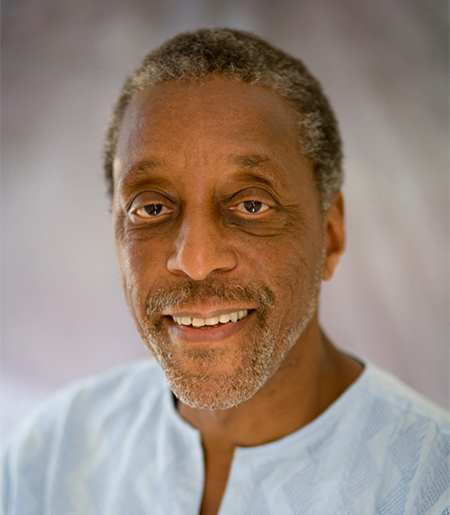The staff at the John Henrik Clarke Africana Library mourns the passing of Dr. James E. Turner, who joined the ancestors on August 6, 2022.
Dr. Turner founded the Africana Studies and Research Center in the fall of 1969. With the founding of the Center, he also created the Africana Library and played a key role in building its collection. Additionally, he was responsible for hiring Africana Library’s first professional librarian, Thomas Weissinger. It is safe to say that Dr. Turner built an institution at Cornell University.
Dr. Turner wrote the following essay, “The Library in the Life of Black People,” in 1973:
One of the most important references or indicators used to assess the quality of institutions for college education, after the quality of the faculty, is the size of the library. The library is an indivisible factor in the equation determining the pride, prestige, and success of most colleges and universities in this country. But libraries seldom receive the second honored position when it comes to making financial appropriations. In these matters libraries are treated as if they are only marginally important to the quality of learning a student receives. At more than a few institutions the student union center is almost comparable in size and cost to the best library facility on campus.
Nowhere is the status of libraries more tragic than on many campuses of Black colleges, and it is even worse in terms of public libraries in Black communities. Libraries are heavily dependent upon donation/gifts and grants from very rich individuals and foundations. There is comparatively less government subsidy available than there is for student dormitories, classroom buildings, research laboratories, etc. Needless to say the great foundations in America are white institutions, and so are the people who are wealthy contributors to the great libraries in this country; few of them are concerned with providing outstanding reference and reading collections for the scholarly development of Black people. Even when Black schools receive such support the funds are meager in comparison to the resources made available to comparable white institutions. There are many Black communities which do not even have a public library in the immediate neighborhood.
However, as in all other spheres of Black life, we must struggle to break the syndrome of dependency related to our important needs and vital provisions for our welfare. The pattern of looking to others to do for us, and then perpetually bemoaning the neglect of us by those whom we look to as the custodians of our possibilities in life, has and continues to ruin our development and self-control as a people. There are many in our community who can afford to assume a greater responsibility for the development and maintenance of library resources available for the education of our people. The fundamentality of our Blackness is a reality and commitment that cannot be ignored. Ultimately our reliance must be on ourselves and each other.
The creation of the library at the Africana Studies & Research Center was perceived as an inextricable component of the program from its inception. Our goal is to develop a specialized collection concentrating on the history, culture and life-conditions of African people which will serve as a valuable complement for our students and faculty. Its establishment is of both symbolic and concrete significance. The Africana library provides a model of quality standards, and an example to other programs to take more seriously the relationship of a viable Black library collection to their success. The existence of the library will expose students to the knowledge of a rich Black legacy of scholarships, and creative/cultural tradition. Though we have serious constraints in terms of limited financial resources, we are dedicated to the importance of library collections focusing on African people, and controlled by Black people. Our library is provided principally for our students, since its ultimate value is in its maximum use.
It is a general truism that Black people need more and better library facilities wherever they are. Therefore, our basic point is that a commitment to support the expansion of African/African American library collections is a good investment in our people, particularly our students. Libraries are vital links in the history of all people; they appreciate in value over time, and are always a source of relevance and reference in the education of future generations. If it is true that wisdom is garnered from experience, then the serious study of African people will reveal much of the substance of future wisdom. The Africana Studies and Research Center Library is devoted to inspiring young, Black men and women to assume professional careers as Black teachers and research scholars.
